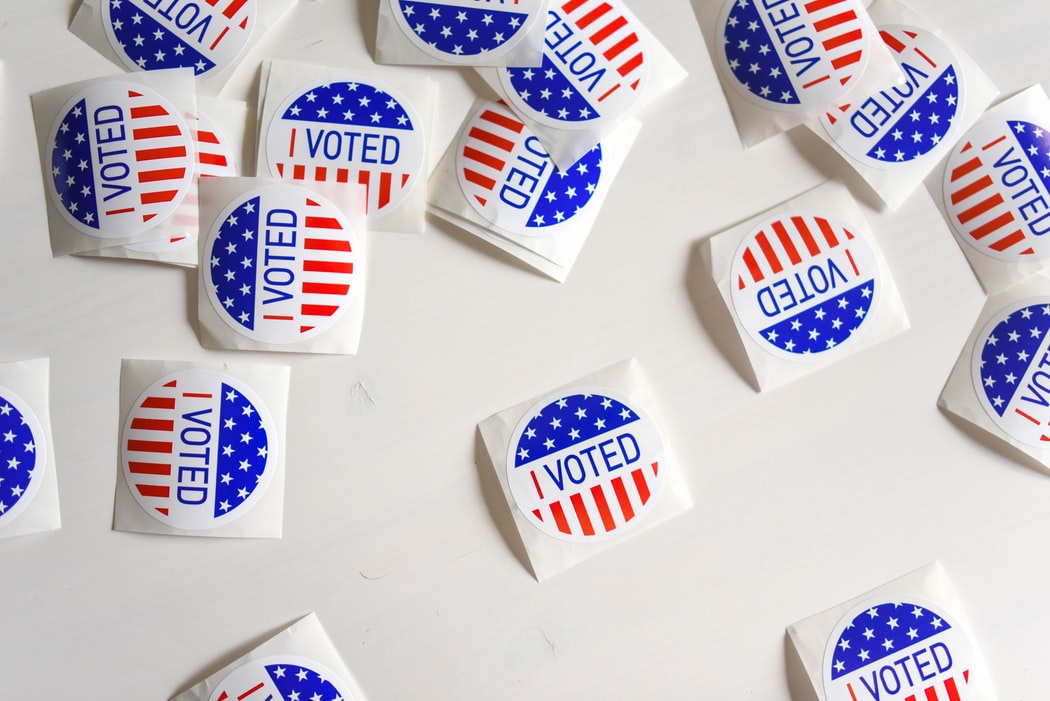With the Senate majority and the fate of the Biden presidency hanging in the balance, all eyes are on Georgia.
If Democratic challengers Jon Ossoff and Raphael Warnock both win runoff elections against Republican incumbents David Perdue and Kelly Loeffler, the chamber will be split 50-50, with Vice President-elect Harris’ tie-breaking vote turning the Senate blue. However, if one or both Democratic candidates lose, Republicans will retain their Senate majority.
Biden’s presidency will be greatly influenced by the Georgia election – whether he will struggle to pass his legislative agenda essentially depends on who controls the Senate.
It is therefore not surprising that both parties are spending historic amounts of money on campaigning and ads for their candidates. However, it is not insufficient funds or inadequate campaigning that Republicans see as one of the biggest threats standing in the way of a Republican Senate, but surprisingly, their own leader, President Donald Trump.
Since election night, Trump has been making allegations of voter fraud, falsely stating that the election was ‘stolen’ by the Democrats.
Many allegations have actually zeroed in on Georgia due to Biden’s remarkably slim victory in what was once a reliably red state. Trump has fiercely criticised Georgia election officials, namely the Georgia Secretary of State, Brad Raffensperger. Raffensperger is the state’s top election official and a Trump supporter who the President had endorsed in 2018, but who he now dubbed the ‘enemy of the state’. Trump called for his resignation in response to Raffensperger certifying the election results after a recount that confirmed Biden’s victory.
However, despite Trump and certain other Republicans maintaining their belief in a fraudulent and corrupt electoral system, they have still been trying to encourage their supporters to vote in the runoffs. Unsurprisingly, there have been grave concerns amongst Republicans that this mixed messaging could depress turnout of their supporters in the runoffs.
Fraud allegations have undeniably cast doubt in the minds of many Republicans over the integrity of their elections. By continuously pushing the agenda of fraud and election rigging, Trump could send a message to his supporters that their votes do not matter in this corrupt system controlled by Democrats.
Trump’s unprecedented attempt to overturn legitimate election results has also been supported by Perdue and Loeffler. However, one must note the lose-lose situation that Trump has put the two candidates in – if they support his fraud allegations, they risk dissuading Republicans from voting in January. Yet if they denounce the President’s false reports of election rigging, they run the risk of alienating Trump supporters whose votes they need in order to come out on top of this extremely close race.
Trump has taken some steps in order to alleviate the problem of a possible decline in turnout. He tweeted that despite the presidential election being a ‘total scam’, voters must still go to the polls on January 5th and vote Republican.
Additionally, he held a rally in Georgia which many Republicans saw as the perfect opportunity for Trump to put his election fraud pursuits to one side and focus this event on energising his base. However, he did the exact opposite. Instead of concentrating on the runoffs, Trump used his first rally since the election to amplify his voter fraud claims. He did not shy away from denouncing Georgia’s election system and its officials, even claiming that Democrats will ‘try to rig’ the runoffs as well. Admittedly, he did spend some time talking about Perdue and Loeffler, but these remarks appeared to be of secondary importance to him during the rally.
This event clearly showed the GOP establishment what Trump’s main aim is – rewriting the election results and securing a second term as president. He showed a clear disregard for the concerns over turnout and used this rally as an opportunity to primarily further his own agenda. Seemingly, he will pursue his own aims even if this comes at the expense of a Republican Senate majority.
For now, we can only speculate about the outcome of the Georgia runoffs. However, we can fairly safely assume that if the January 5th election does not go the Republicans’ way due to low turnout, many will place a lot of the blame on Trump.
Jovana Dilas
Image source: Unsplash

